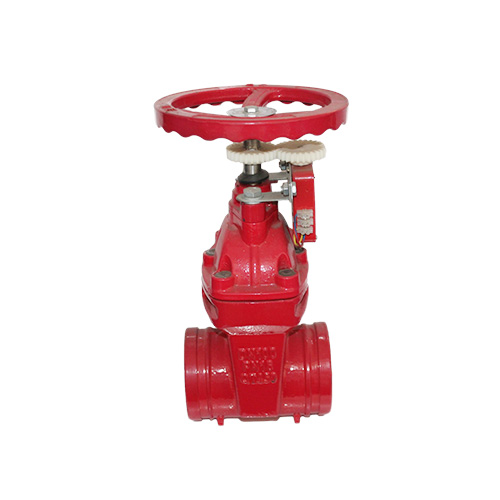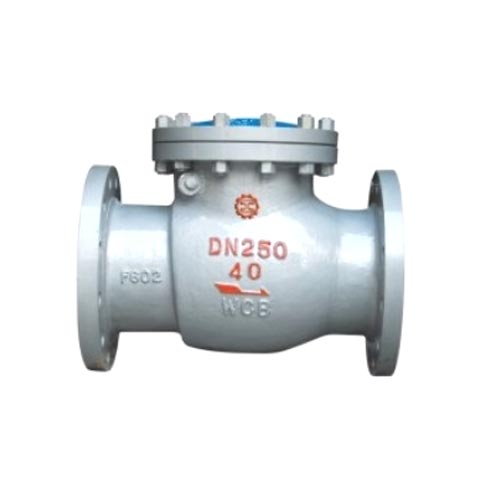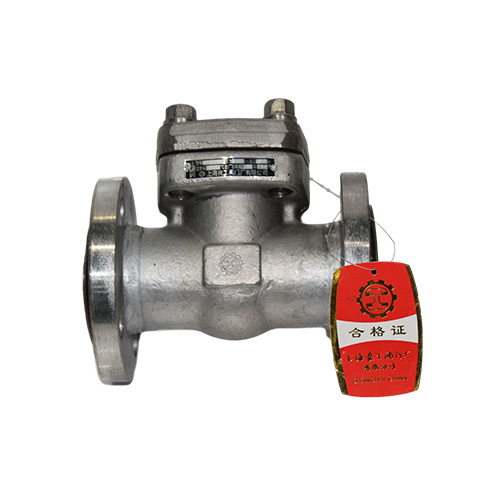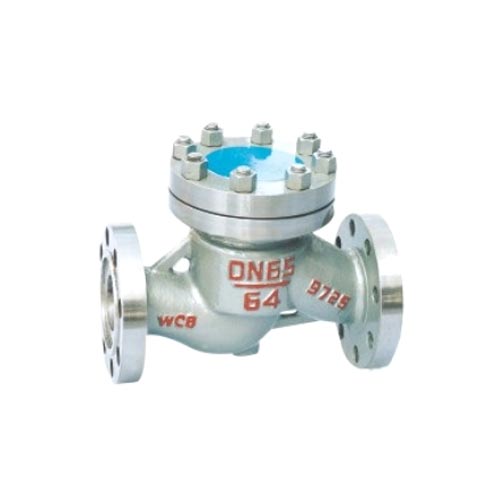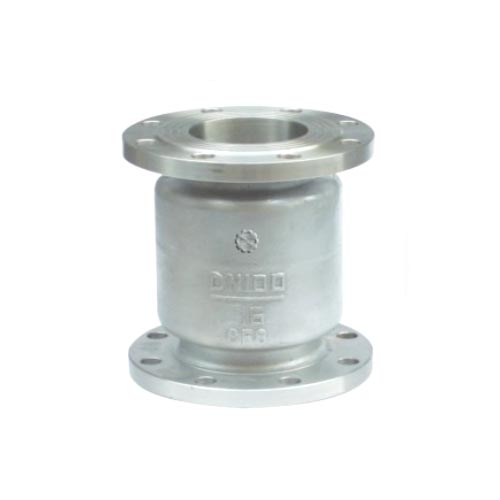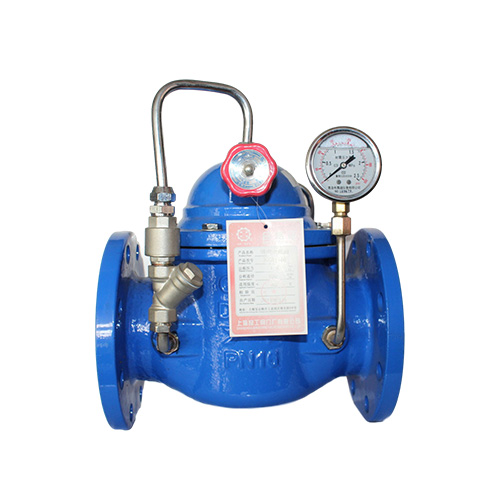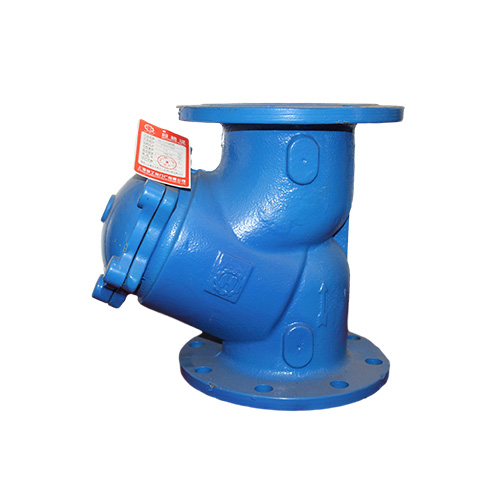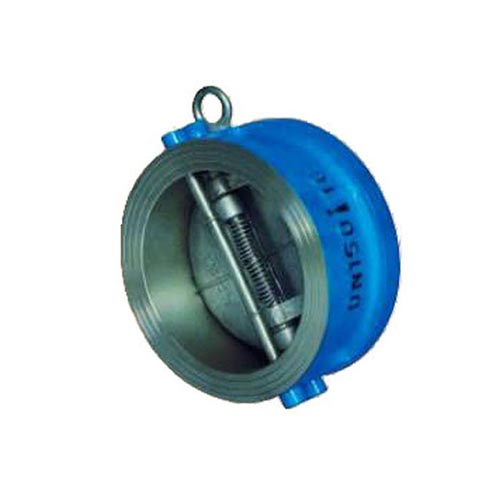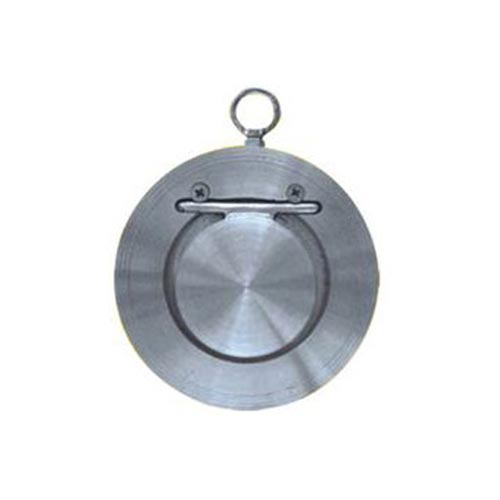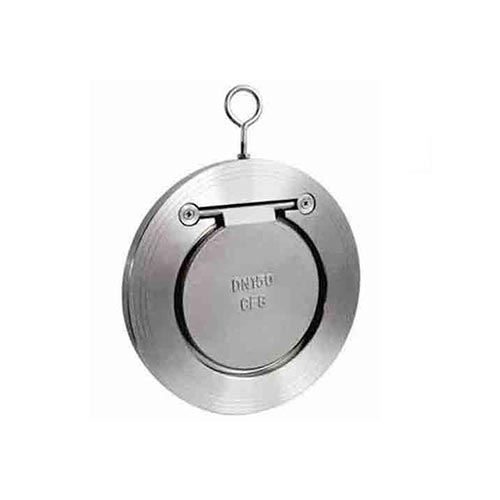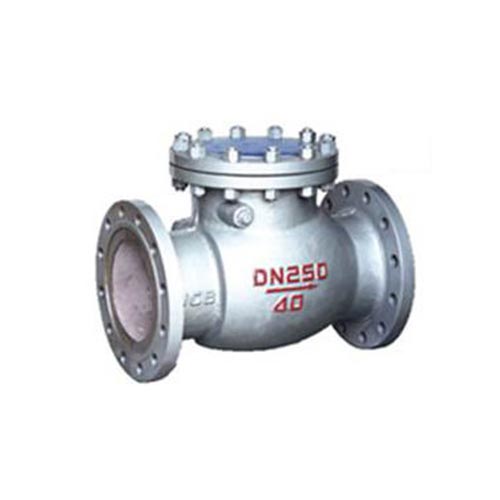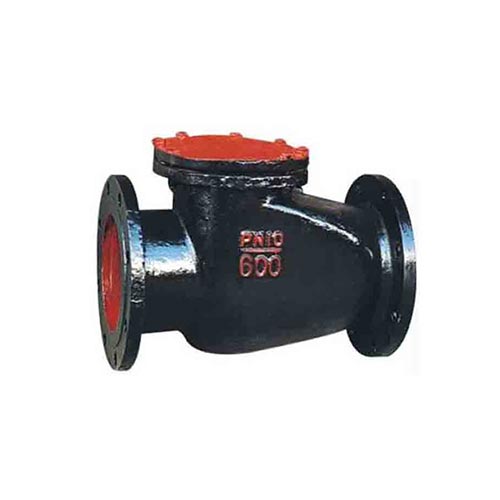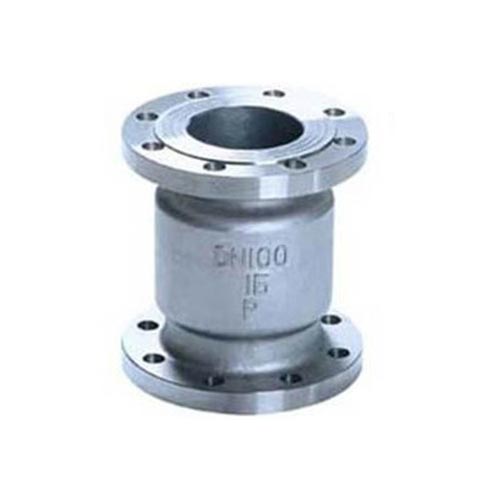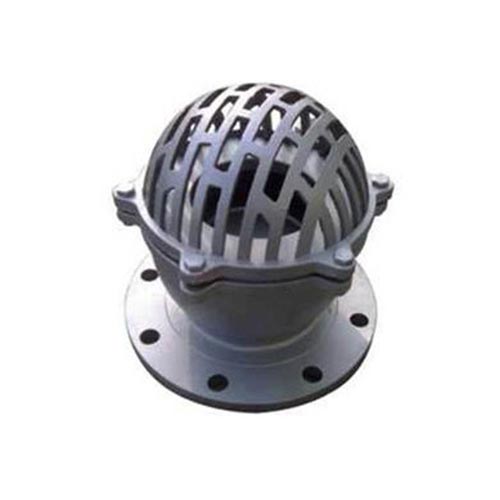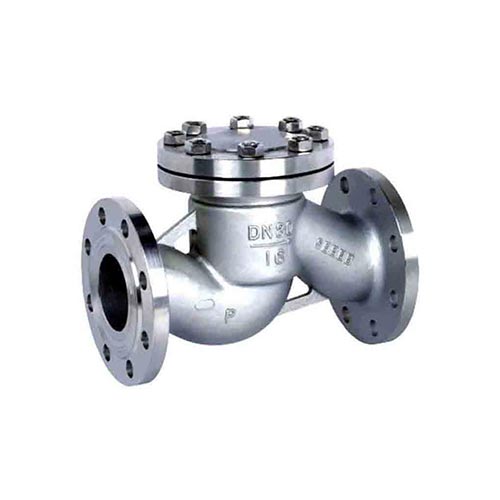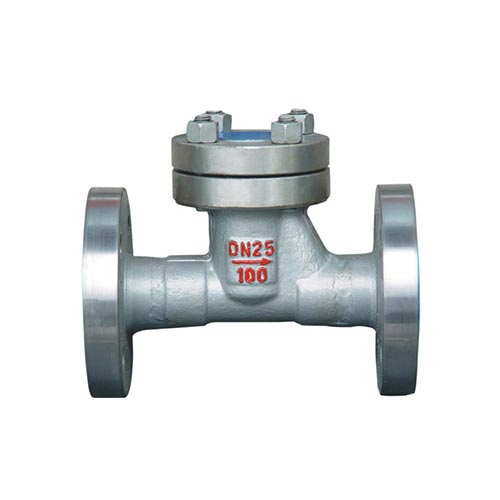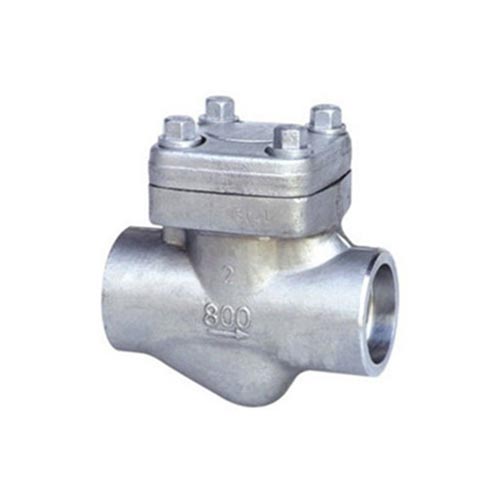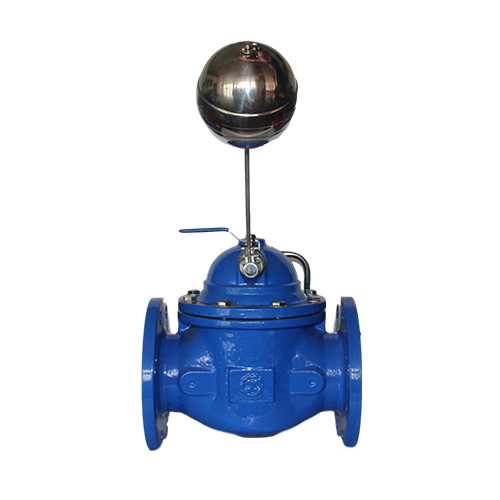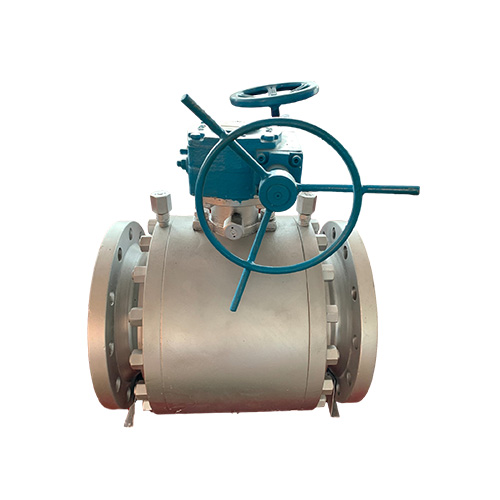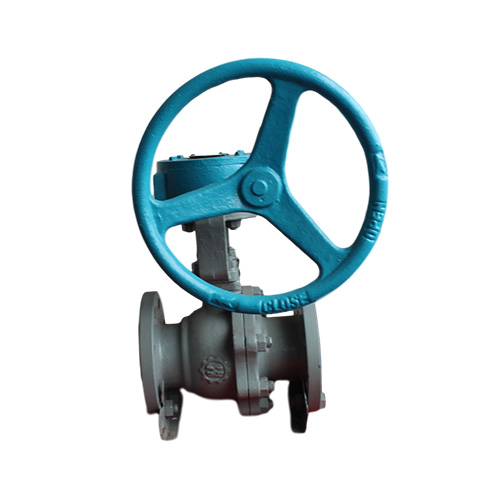超高压针阀一般采用角形单座结构,加工简单,阀座容易配换,阀芯为单导向结构。阀门角形单座结构流路简单,阻力小,适用于高压差、高粘度、含悬浮物和颗粒状物质流体,可以避免结焦和堵塞,也便于自净和清洗。阀芯和阀座是超高压针阀进行开关控制的两个核心零件,组成超高压针阀开关的动密封副。通过控制阀芯与阀座之间锥形密封面的接触与分离,实现阀通道的关闭和开启。阀芯与密封圈之间的圆周密封面构成阀的滑动密封副,用于保证阀室与外界的密封。
Ultra high pressure needle valves generally adopt an angular single seat structure, which is easy to process, the valve seat is easy to replace, and the valve core is a single guide structure. The valve angle single seat structure has a simple flow path, low resistance, and is suitable for fluids with high pressure difference, high viscosity, suspended and granular substances. It can avoid coking and blockage, and is also convenient for self-cleaning and cleaning. The valve core and valve seat are the two core components of the ultra-high pressure needle valve for switch control, forming the dynamic sealing pair of the ultra-high pressure needle valve switch. By controlling the contact and separation of the conical sealing surface between the valve core and valve seat, the valve channel can be closed and opened. The circumferential sealing surface between the valve core and the sealing ring forms the sliding sealing pair of the valve, which is used to ensure the sealing between the valve chamber and the outside world.
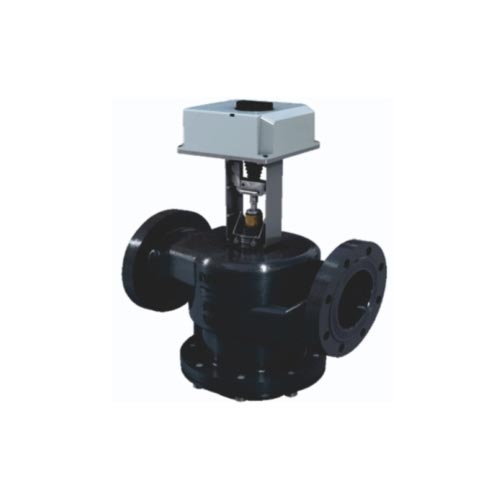
阀芯采用针形,靠锥面密封,一般阀芯锥角为59°,阀座锥角为60°。实验证明在开锥孔时,锥角选取45°~60°时,孔边缘的应力集中系数小,且使应力出现在锥孔的小端。阀座锥角大,阀芯锥角小时,靠上表面密封,有利于提高阀的使用寿命
The valve core adopts a needle shape and is sealed by a conical surface. Generally, the valve core cone angle is 59 °, and the valve seat cone angle is 60 °. Experimental results have shown that when opening a conical hole, when the cone angle is selected from 45 ° to 60 °, the stress concentration coefficient at the edge of the hole is small, and the stress appears at the small end of the conical hole. The valve seat cone angle is large, while the valve core cone angle is small. Sealing on the upper surface is beneficial for improving the service life of the valve
在出现高压调阀抖动的情况时,我们可以查看阀门指令是否发生数据上的变化,来进行分别的处理。
When there is a shaking of the high-pressure regulating valve, we can first check whether there is a change in the valve instruction data to process it separately.
一、阀门指令未发生变化,那么问题就可能出现在伺服卡以及伺服阀之上。若是阀门指令未发生变化并且伺服卡输出稳定,则问题可能是伺服阀卡涩或者油动机与阀门连接有卡涩。若是此时伺服卡输出晃动,则可能的问题有:伺服卡PI参数不合理、阀位反馈波动(LVDT故障、LVDT屏蔽不良等问题引起)、伺服卡故障。
1、 If the valve command has not changed, then the problem may occur on the servo card and servo valve. If the valve command has not changed and the servo card output is stable, the problem may be that the servo valve is stuck or the connection between the hydraulic motor and the valve is stuck. If the output of the servo card shakes at this time, possible problems include: unreasonable PI parameters of the servo card, valve position feedback fluctuations (caused by LVDT faults, poor LVDT shielding, etc.), and servo card faults.
二、阀门指令自身发生变化,则我们需要查询为什么会出现指令的抖动。若是在并网之前就发生指令波动的问题,则原因可能有:转速PI参数不合理,引起过调;转速通道故障,引起转速信号的非正常波动,进而导致转速回路的输出波动。而转速通道故障的可能原因有:磁阻探头故障、转速屏蔽不良等。而若是在并网之后发生阀位指令波动,则原因可能有:功率、压力回路PI参数不合理,导致出现过调;阀门运行在流量曲线拐点处;一次调频转速波动;遥控指令波动等。
2、 If the valve instruction itself changes, we need to investigate why there is instruction jitter. If there is a problem of command fluctuation before grid connection, the reason may be: unreasonable speed PI parameters, causing overshoot; The malfunction of the speed channel causes abnormal fluctuations in the speed signal, which in turn leads to fluctuations in the output of the speed circuit. The possible causes of speed channel failure include: magnetic resistance probe failure, poor speed shielding, etc. If valve position command fluctuations occur after grid connection, the reasons may include: unreasonable PI parameters of power and pressure circuits, leading to overshoot; The valve operates at the inflection point of the flow curve; Fluctuation of primary frequency modulation speed; Remote control command fluctuations, etc.
 企业公告:
企业公告:




